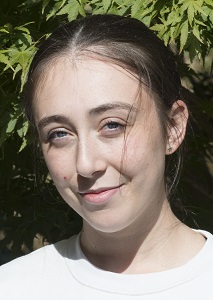Charlie Davies

Areas of interest
- Palaeoecology
- Palynology
- Palaeoclimatology
- Agent-based modelling
Research centres and groups
Landscape, Climate and Lived Environment Research ClusterResearch projects
Impact of Holocene land use and climate change upon Brazil’s Atlantic Forest biodiversity hotspot
Funded by the NERC Scenario DTP, my project aims to determine how ancient human societies and climate change throughout the Holocene, shaped the biodiversity, land cover and fire regime of Brazil’s southern Atlantic Forest.
The Atlantic Forest is a designated global ‘Biodiversity Hotspot’, yet it’s critically endangered. A key challenge is how best to maintain future ecosystem functioning and biodiversity when facing increasing fire, drought and deforestation.
To help address this challenge, my project will use a novel inter-disciplinary approach, using lab-based analysis of fossil pollen and charcoal, agent-based modelling and correlation with existing paleoclimate and archaeological data. This can help to determine the human-climate-environment relationships in the southern Atlantic Forest, and provide insights into long-term resilience, tipping points and environmental sustainability.
Supervisors:
Professor Frank Mayle (University of Reading)
Dr Joy Singarayer (University of Reading)
Professor José Iriarte (University of Exeter)
Background
I hold a BSc in Geography (First Class Honours) from the University of Southampton and an MSc (with Distinction) in Quaternary Science from Royal Holloway, University of London. My MSc dissertation looked at the interactions between fire, vegetation and climate throughout the Last Glacial-Interglacial Transition at Loch Etteridge Scotland. Prior to commencing my PhD, I gained experience working as a Chemistry Lab Technician.